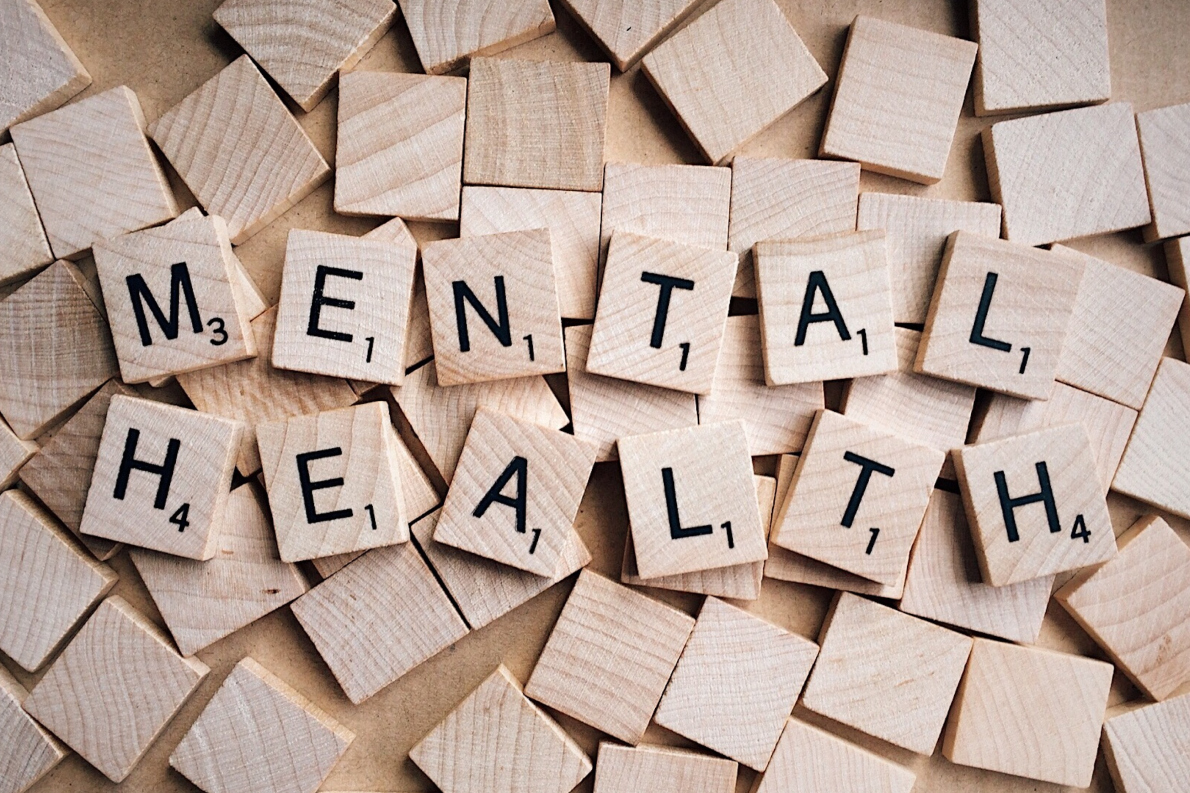How to look after your mental health during the coronavirus crisis
In this turbulent time it’s more important than ever to look after your mental health. Charlotte Flach speaks to experts for their tips on how to cope during this challenging time
Looking after your mental health is important on a day-to-day basis, but during a time of crisis, such as the coronavirus pandemic, this need becomes even greater.
“Coronavirus causes fear and anxiety in people to varying degrees, and can of course contribute to low mood and in more severe cases depression, not to mention the stressful effects of worrying about ill relatives and friends, social isolation, financial worries and lack of exercise,” says Doctor Kris Naudts, psychaiatrist and founder of consumer travel website Culture Trip.
“It may also exacerbate pre-existing mental illnesses such as anxiety or mood disorders, eating disorders, or obsessive-compulsive disorder,” he adds.
To help travel professionals protect their mental health and cope with any pre-existing mental health concerns, TTG spoke to three experts for their advice on coping methods and useful techniques.
Taking back control
For agents who have lost business, it may feel that a lot of situations are beyond their control. Worrying about events or situations you have no control over only leads to more worry, so try to put these things to one side in your head and focus instead on the things you can make decisions on, advises Sarah Jones, head of psychological wellbeing at charity Help for Heroes.
Consuming less news can have a big positive impact on mental health. It is possible to stay informed while setting a limit on the amount of news you consume each day and avoiding stories or footage that you recognise are making you feel anxious or sad, says Jones.
“Instead, try to focus on the things you do have, rather than the things you don’t – lots of psychotherapists recommend keeping a daily gratitude list to give your mind focus,” she says.
“These lists can help us to frame things more positively, even during difficult times. At the end of each day, make a list of everything around you that makes you happy and think about these things, rather than the things you don’t have or can’t currently do.”
Create a routine that includes one fun or enjoyable thing each day. “If your current situation means you are at home with family, do something together that makes you smile. You could try out a group yoga session or run an impromptu art class. Call a friend or loved one for a cup of tea and a chat, or loose yourself in a good book for a couple of hours,” Jones suggests.
Dealing with anxiety
When we get anxious the body’s “fight or flight” response is activated. This is very useful if you are under attack, but not very useful if you are going to the supermarket, says Dr Niall Campbell, consultant psychiatrist at the Priory hospital in Roehampton, London.
When you feel anxious, he advises breathing deeply by imagining you are blowing up a balloon. “Take a deep breath in and notice how your stomach rises as you inhale which allows your lungs to take in maximum air, then let a long, slow, breath out as if you are filling your balloon with air, and do this three times,” he says.
Avoidance is a common preventative response to anxiety, but refusing to deal with the emotion or situations that cause it can make anxiety far worse. “Face your fear. You will feel anxious but if you repeatedly face it, your body adjusts and your physical anxiety reduces,” says Campbell. “Give yourself a short period each day to think through your worries but then stop and don’t allow intrusive thoughts to impact on your entire day.”
An important step is acceptance and realising that anxiety is a normal emotion and that everyone feels anxious from time to time. “However, if your anxiety is long-term and affecting your day-to-day life you shouldn’t just accept it. In order to feel better, you should seek support,” he adds.
Working through depression
During this time there may be employees who have been made redundant or furloughed and are suffering from a lack of social or physical connection, which can cause or exacerbate feelings of depression.
Jill Mead, managing director at mental health organisation Talk Out gives advice on spotting the signs. “Depression may present itself physically through lethargy, fatigue, changes in appetite or weight, lack of energy, sleep problems and moving or speaking more slowly than usual. You might avoid talking with friends and family, or sleep more than usual, neglect self-care and routine, or feel helpless.”
She recommends cognitive behavioural therapy – or CBT – as a way to support wellbeing, which is practised by many mental health professionals. One technique used in CBT is “worry time”, where you schedule in 15 minutes to worry each day at around 6pm – not too close to bedtime, but late enough that most of the day has passed by, she explains.
“During these 15 minutes, our aim is to worry as much as we can. Having permission to worry and accepting it for what it is helps our wellbeing the most.”
Mead recommends getselfhelp.co.uk for as a free resource to learn about CBT straight away. To access professional CBT practitioners, people can self-refer through the NHS referral link, however all consultations at the moment will be online or phone based.
“There may be some private CBT practitioners that are offering complimentary sessions given the current situation but it’s recommended to check community groups for this sort of information,” she adds.
This is also an important time to look out for colleagues and loved ones, Mead reminds us. “If you’re worried about how to start the conversation, try asking open-ended questions like, “I just wanted to check-in to see how you’re doing?” or “I’ve noticed that you haven’t been yourself lately. Is everything ok?”
Once they’ve opened up, listen, try to empathise and use encouraging phrases to help them feel understood and less alone, such as “it sounds like you are going through a really difficult time” or “I can understand how challenging this must be for you,” she adds. Most importantly, if you or anyone else need more support, talk to a professional or GP.
For a list of online resources to help with any mental health concerns, click here
Coping with feelings of panic
Dr Donna Grant, a consultant psychiatrist, offers some tips to help cope with panic
1) If possible, stay where you are during a panic attack. Then pause for a moment, observe your thoughts and tell yourself that your mind is reacting to these thoughts and anxiety. These feelings are normal – it's just the body's alarm system doing its job when it doesn't need to. Stick with the panic; it will pass.
2) Learn to control your breathing. People often hyperventilate during a panic attack. By learning to slow your breathing down, you can help prevent the uncomfortable physical symptoms and stop the panic cycle. Try to get a slower and more stable breathing rhythm by breathing in for three seconds, holding your breath for two seconds, and then breathing out for three seconds. Make sure that your stomach expands as you take each breath as this helps to ensure the breathing isn't shallow, which can add to the problem.
3) Use positive coping statements. When you are feeling anxious and panicky it can be helpful to have “coping statements” which can be used to remind you that panic is not dangerous and isn't harmful. Examples are:
- Panic is simply high levels of anxiety
- By remembering these symptoms are nothing more than anxiety, I can prevent further symptoms occurring
- My anxiety and panic will pass naturally given time. It doesn't last forever.
4) Shift your focus. Rather than focusing on negative thoughts, try to concentrate on something else such as looking at a picture or something that interests or comforts you. Alternatively, you could try creative visualisation, by thinking of a place or situation that makes you feel relaxed or comfortable. Focus your attention on this image to distract you and ease your symptoms.
5) Challenge unhelpful thoughts. The way we think about things has an impact on panic. Many of these thoughts are out of our control and can be negative and unhelpful, so it is important to remember that they are not necessarily facts. For example, misinterpreting the physical changes in the body during panic as "I'm having a heart attack". Becoming aware of the common patterns that unhelpful thoughts follow can help you recognise that you have them. Keep a diary to help spot patterns in what triggers these experiences for you.














